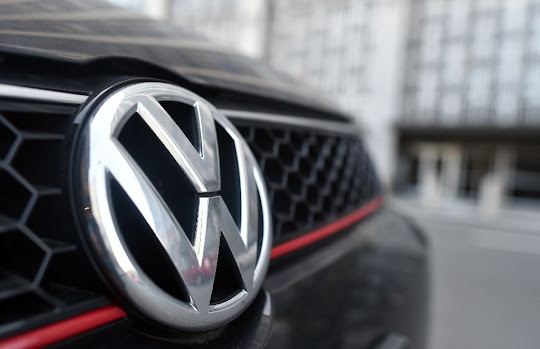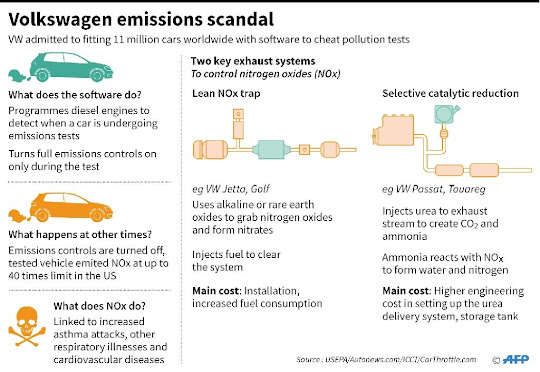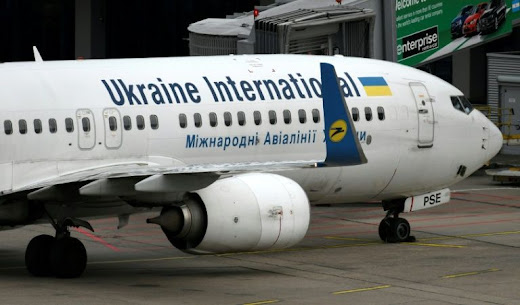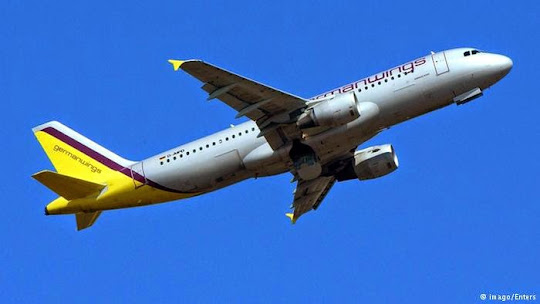Prodita Sabarini, The Jakarta Post, Jakarta
The people standing on the platform at a Central Jakarta railway station wore anticipation on their faces. Looking sideways to the chugging sound of a train, the-would-be passengers got up to wait at the platform's edge.
Some gasped a little at the sight of the overcrowded train approaching, dreading the next hour. Others, seemingly used to the sight, showed no reaction.
The train to Bogor finally arrived at Tanah Abang Station on Wednesday morning. One by one, the passengers miraculously got inside the packed train cars, as if sucked in by an unseen force.
For many people living in Greater Jakarta, economy class trains are the main transportation choice. Cheap and fast, the train is an effective means of urban transportation.
"I prefer using the train to buses, because it's cheaper and faster. I don't have to go through traffic jams," said Tuti, a 40-year-old Depok resident who commutes to Jakarta.
The fare for a economy class train ride from Depok to Jakarta is Rp 2,000. Taking a bus can cost Tuti as much as Rp 5,000.
Anton, a 24-year-old clothes trader who travels to Tanah Abang three times a week, also feels the same.
"I depend on the train for my transportation because it's much faster," he said.
Tuti and Anton are among the many devout users of Jakarta's trains.
However, according to Anton, train passengers are less than happy. Many feel driven close to breaking point by the poor services they are forced to endure.
Anton said services for economy class passengers were close to inhumane. He said it was time the government upgraded services.
"The government should really work fast to improve train services. Because conditions now are close to unbearable."
State-owned train company PT Kereta Api Indonesia (KA) is planning to launch an electronic ticketing system.
"People would get into the station just like when they enter a Transjakarta (Busway) stop," KA's Jakarta spokesman, Achmad Sujadi, said.
The electronic tickets are planned to be used at the Sudirman, Tanah Abang, Karet, Palmerah, Kebayoran, Pondok Ranji, Sudimara and Serpong stations by the end of this year.
"We will implement this for passengers who are subscribers first. Later we will try to implement it for all passengers," he said.
Anton said that electronic tickets would create order in train stations, "however, improvements should go further than that."
He said he had seen passengers fall off moving trains more than once.
"The doors are never shut and there are too many people," he said. He had frequently seen people fainting, he added.
"I guess it's because of the lack of trains servicing Greater Jakarta. It's such a shame because they're a very effective means of transportation."
Despite the obvious overcrowding of Greater Jakarta's trains, they in fact only serve around two percent of transportation in the region.
According to Achmad, 420 train rides serve 500,000 passengers in Greater Jakarta daily.
"By the end of 2009, we will operate air-conditioned economy trains and we will expect an increase in passengers to 1.5 million (per day)," he said.
Achmad said the Transportation Ministry had procured 140 air-conditioned trains from Japan, while KA had bought around 50.
He said that the company plans to charge a flat fare of Rp 5,000. "It is still being discussed," he said.
But Anton won't wait for two years.
"I think the government shouldn't wait so long if they want to improve the train services. The conditions are really hideous," he said.





